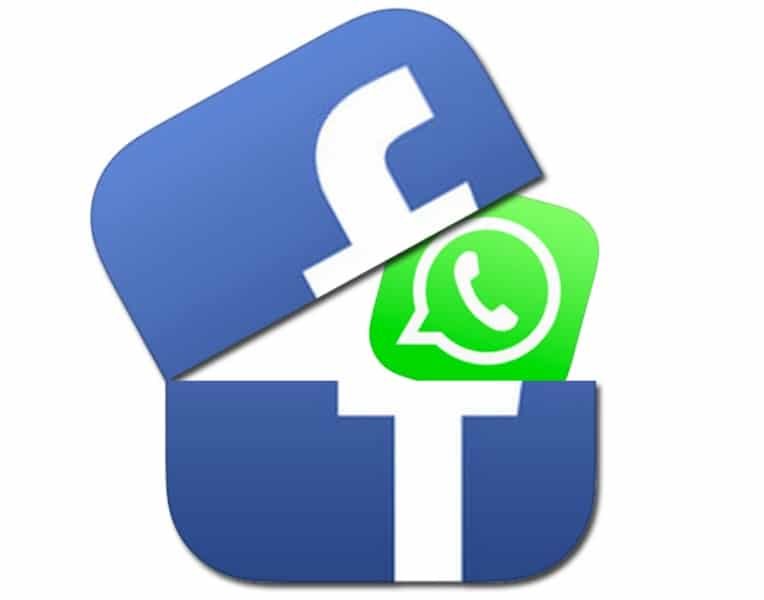In a not-so-shocking announcement that will likely cause user delight and developer dismay, it has been confirmed that Facebook’s acquisition of WhatsApp will not snatch the messenger away from its ad-free roots.
Instead, however, Facebook’s Messenger app will open its doors to developers who wish to deeplink their apps into Facebook’s original messaging platform.
It’s a strategy that certainly isn’t new and was expected by many tech lovers after TechCrunch busted the myth that WhatsApp would soon be filled with annoying game invitations and third-party advertisements.
Not to mention the fact that David Marcus, the head of Facebook’s Messenger, hinted during an interview last year that WhatsApp users had nothing to worry about.
Rather than transform WhatsApp into something new, Facebook is merely adding the lovably simplistic app to its repertoire of communication tools.
This allows users to still have access to a simple, ad-free messaging option while Facebook holds on to its newest brand motto of “too much is never enough.”
So it will be Facebook’s Messenger Platform that gives developers the link to the platform’s millions of users that they’ve been looking for, not WhatsApp.
In the grander scheme of things, it seems like a fair deal.
Developers get to use Facebook’s Messenger to sink their teeth into roughly 700 million monthly users while WhatsApp remains true to the mantra that helped launch it to success in the first place.
“No Ads! No Games! No Gimmicks!”
In fact, it was back in 2012 when WhatsApp posted a detailed blog about why it refuses to sell ads even though that decision has left many developers with their arms folded in the corner or simply walking out in the middle of the WhatsApp co-founder’s presentation.
The latter is not playful banter or a hypothetical situation.
It’s the reality that WhatsApp co-founder Brian Acton was met with Wednesday during a panel discussion at Facebook’s F8 developer conference in San Francisco.
Acton was joined by other executives on the panel, but he was clearly one subject that the group of developers had a particular interest in.
Why? Because this was the man who became a wealthy entrepreneur by putting consumer experience over developers’ desires.
During the discussion, one developer publicly pleaded with Acton to shift gears and allow his app to “connect with its large user base overseas,” CNET reported. It was a plea that was met with a roar of applause.
Acton’s answer, however, would soon spark the sound of groans, shuffles and heavy footsteps.
“It’s a very careful and difficult thing for me to say here,” Acton said. “No, we don’t have any plans right now at this time.”
Acton added that while he understood what the developers wanted and was “empathetic” to their cause to extend certain tools and services to users across the globe, he also wasn’t willing to sell out on WhatsApp’s classic mantra.
“I receive emails from people on a routine basis that want to either run their business or want to run something using WhatsApp as a backbone of their communication, but we’re balancing that with the user experience,” he said. “User experience is something we have to hold sacred … we want messages to be wanted, not solicited.”
The panel discussion had not come to a close, but Acton’s response single-handedly brought an early end for some attendees who decided to leave the room after his refusal to budge, CNET reported.
It’s unclear if developer access to Facebook’s Messenger app will be enough to ease tensions and calm the waters, but for the users who have been loyally turning to WhatsApp for all their communication needs, it was certainly the right call.

